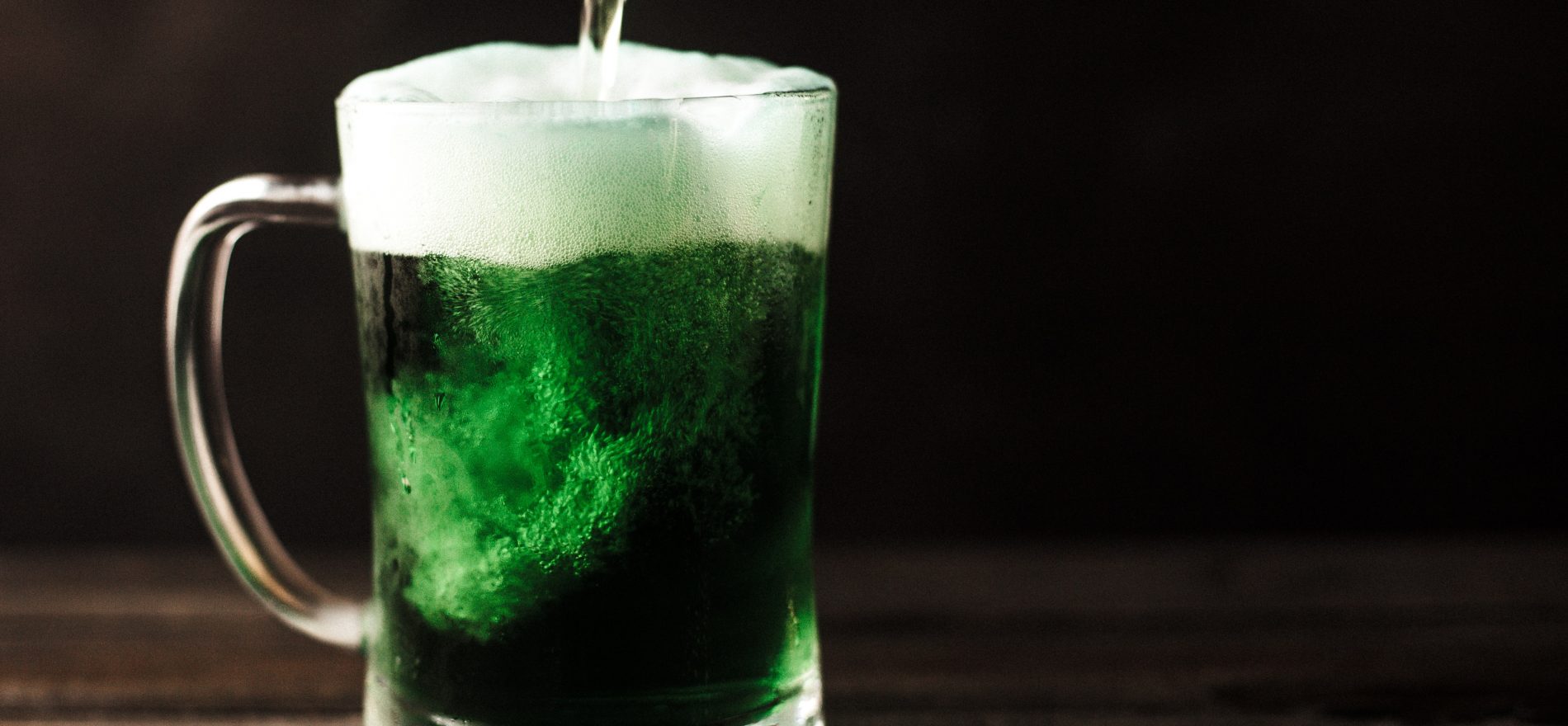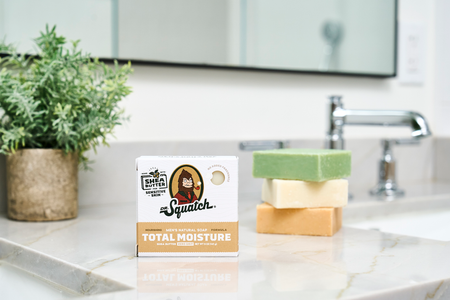
Shower Thoughts: Why Do We Celebrate St. Patrick’s Day?
Why do we celebrate St. Patrick’s Day? Why do we drink on St. Patrick’s Day? And why are leprechauns and rainbows and pots of gold involved? Learn how St. Patrick’s Day started and how it turned into the celebration that it is today.
It’s 9:30am and I’m starting my day with a nice hot shower- complete with a shower beer and a lather with my Irish Cream & Whiskey soap– before kicking off my celebration for my favorite holiday: St. Patrick’s Day. And even though this year we’re all celebrating at home taking account of social distancing rules, it’s still a celebration and a great reason to have a beer with friends (over FaceTime).
But why do we drink all day on St. Patrick’s Day? How did this tradition get started? We looked into it so you don’t have to. Here’s Dr. Squatch Shower Thoughts, St. Patrick’s Day edition.
Who Was St. Patrick of Ireland?
In order to understand the celebration as it is today, we need to first get to know St. Patrick himself. Interestingly enough, St. Patrick wasn’t even Irish and his name wasn’t Patrick. He was actually born and raised in Britain during the 5th century and was named Maewyn Succat.
When he was 16 years old, he was kidnapped, taken to Ireland and forced into slavery where his primary job was tending to sheep. As you can imagine, he must have been very bored; this gave him ample time to think and reflect, and he turned to his Christian faith for support. After six years in captivity, he escaped back to Britain and rejoined his family.
Maewyn eventually became a Catholic priest and took the name Patrick. In his missionary work, he made it his goal to convert the Irish who enslaved him and spread Christianity throughout Ireland. He successfully converted most of the country to Catholicism, making him the Patron Saint of Ireland.

St. Patrick's Cathedral, New York
There isn’t a ton of documented information out there about St. Patrick, but there are plenty of legends about him. One legend claims that he brought 33 men back from the dead; Another legend says that he drove all the snakes out of Ireland and into the sea.
But the most popular legend – and the most relevant- is the one of the shamrock. St. Patrick used the shamrock to explain the idea of the Holy Trinity.
St. Patrick's Day Celebrations Throughout History
The First Celebration
St. Patrick’s Day originated in the 17th century as a religious “Feast Day” to honor the Saint on the anniversary of his death. This Feast Day falls within the Lenten season (the six week period leading up to Easter). During this period, Christians fast and have to pledge to give something up- at the time, this was typically alcohol. However, on St. Patrick’s Day, Christians in Ireland could put their Lenten restrictions on hold to allow for feasting and excessive drinking – on this day only!
Related Posts
WTF are Plant Butters?
Wed, Jan 22, 2025• Grooming & Personal Care Natural Living & Health
You might be wondering, “WTF are “plant butters”? Is that like vegan “I can’t believe it’s not butter?”. No, but we’re glad you asked. These rich, ...
Read More5 Protips For A Better Shave
Fri, Jan 03, 2025• Grooming & Personal Care
Let’s be real, shaving is a combat sport. I mean you’re dragging a sharp blade across your face on the reg. Nicks, irritation, tight, dry skin afte...
Read MorePucker Up: Lip Care For Men 101
Fri, Dec 20, 2024• Grooming & Personal Care
Let’s face it (see what we did there?)—lip care is for everyone. Whether you're battling the elements, exploring the great outdoors, or just living...
Read MoreHow To Choose the Right Cool Weather Scent
Mon, Dec 16, 2024• Grooming & Personal Care
No matter where you’re at, we deep into the cool and cold weather (well, not you Hawaii) and that means it’s time to evaluate your scent seasonalit...
Read More











Leave a Reply
Your email address will not be published. Required fields are marked *